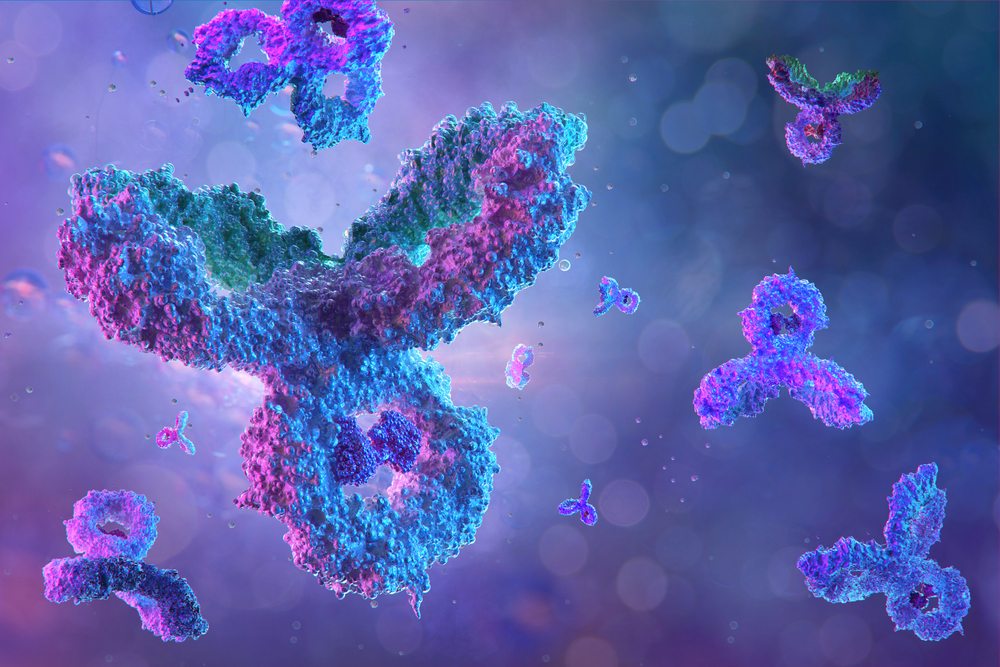
What is being tested?
A blood group antibody screen is a group of tests that includes the ABO and RhD blood groups, a blood group antibody screen and identification of any blood group antibodies present.
Red blood cells have chemical structures (most commonly proteins or carbohydrates) on the outside surface of the red blood cell. These chemical structures usually have a defined function such as determining the shape of the cell or the transport of chemicals into, or out of, the red blood cell. In addition, they determine a person’s blood group.
There are over 200 different blood groups known. The most important blood groups are the ABO and the RhD blood groups. However other blood groups can also become important. There are inherited blood group differences between people. When a person is exposed to blood groups that are different to their own the immune system may respond by producing a blood group antibody. This is very similar to the way we produce antibodies against germs (bacteria and viruses). The transfusion laboratory performs an antibody screen to detect and identify any blood group antibodies as these can cause transfusion reactions or haemolytic disease of the newborn (HDN).
If a transfusion is required it is important that the transfusion laboratory provides suitable blood. The blood selected for transfusion will usually lack the blood group that the person has an antibody against. This reduces the likelihood of a transfusion reaction occurring due to the presence of these blood group antibodies.
How is it used?
A blood group antibody screen is used to select appropriate and compatible blood for transfusion.
When is it requested?
If your doctor indicates that transfusion with blood or blood components may be required as part of your medical treatment.
What does the result mean?
The result allows laboratory staff to select appropriate blood for transfusion.
Common questions
Transfusion is associated with a number of risks. You should make the decision as to whether a transfusion is required in consultation with your doctor and with an understanding of these risks. More information regarding risks can be found at Australian Red Cross Blood Service: Transfusion medicine.
What is Pathology Tests Explained?
Pathology Tests Explained (PTEx) is a not-for profit group managed by a consortium of Australasian medical and scientific organisations.
With up-to-date, evidence-based information about pathology tests it is a leading trusted source for consumers.
Information is prepared and reviewed by practising pathologists and scientists and is entirely free of any commercial influence.